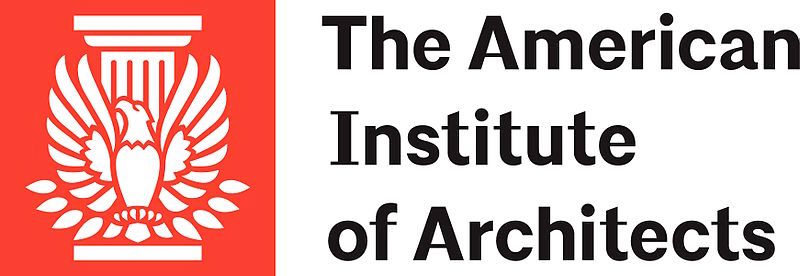The American Institute of Architects (AIA) recently released the 2017 edition of the A201 family of documents.
This release includes updated versions of the AIA’s flagship documents developed for the design-bid-build delivery model. The AIA Documents Committee updates this core set of documents every 10 years.
“It is critically important that industry professionals learn about the 2017 revisions,” says Kenneth Cobleigh, Esq., Managing Director and Counsel of AIA Contract Documents. “The changes impact the roles and responsibilities of each of the parties directly, and understanding the changes will help everyone to promptly review and finalize project contracts.”
Major owner/architect changes include:
- Single Sustainable Projects Exhibit that can be used on any project and added to most AIA contracts to address risks and responsibilities associated with sustainable design and construction services.
- Agreements contain a fill point to prompt the parties to discuss and insert an appropriate “Termination Fee” for terminations for the owner’s convenience.
- Architect is no longer required to re-design for no additional compensation if he or she could not have reasonably anticipated the market conditions that caused the bids or proposals to exceed the owner’s budget.
- Services beyond Basic Services and identified at the time of agreement are now categorized as Supplemental Services, to avoid confusing them with Additional Services that arise during the course of the project.
- Agreements clarify how the Architect’s progress payments will be calculated if compensation is based on a percentage of the owner’s budget for the Work.
Related Stories
| Jan 8, 2015
Gundersen Health System says it is nation’s first net-zero healthcare network
Gundersen Health System, a network of hospitals, medical clinics, and nursing homes in Wisconsin, announced that it is producing more energy than it consumes, making it the first net-zero energy health system in the U.S.
| Jan 8, 2015
Construction industry could be hurt by non-renewal of terrorism insurance bill
Insurance industry experts say without federal terrorism reinsurance in place for 2015, resulting canceled property/casualty insurance coverage and market chaos could be disruptive to the economy.
| Jan 2, 2015
Ohio’s Licking County to hire construction stormwater runoff specialist
Formed to focus on agriculture, the Licking County (Ohio) Water and Soil Conservation District has branched out to oversee construction sites.
| Jan 2, 2015
Standards groups join forces to spur more sustainable parking facility design
The International Parking Institute, Green Parking Council, and Green Building Certification Institute have joined forces to promote the design of more sustainable parking facilities.
| Dec 23, 2014
EPA okays coal ash recycling in construction materials
The Environmental Protection Agency ruled that the use of coal ash produced in power plants can continue to be incorporated into construction materials.
| Dec 23, 2014
Dunkin’ Donuts launches green building certification for its restaurants
Dunkin Donuts has launched a green building certification program to help franchisees build sustainable, energy-efficient restaurants.
| Dec 23, 2014
EPA releases WaterSense draft specification for flushometer-valve toilets
The U.S. Environmental Protection Agency's WaterSense program has released a draft specification for water-efficient flushometer-valve toilets.
| Dec 23, 2014
American Iron and Steel Institute publishes design guide for new profiled steel diaphragm panels standard
The American Iron and Steel Institute (AISI) published AISI D310-14, “Design Examples for the Design of Profiled Steel Diaphragm Panels Based on AISI S310-13.”
| Dec 18, 2014
New federal regulations impact construction firms doing business with Uncle Sam
Federal contractors may be subject to several new rules in 2015 that impact how they are selected for contracts and how they do business with the federal government.
| Dec 18, 2014
ASHRAE/IES energy standard could become more applicable for global use
A proposed addendum to ANSI/ASHRAE/IES Standard 90.1-2013, Energy Standard for Buildings Except Low-Rise Residential Buildings would make the standard more applicable for use around the world.










